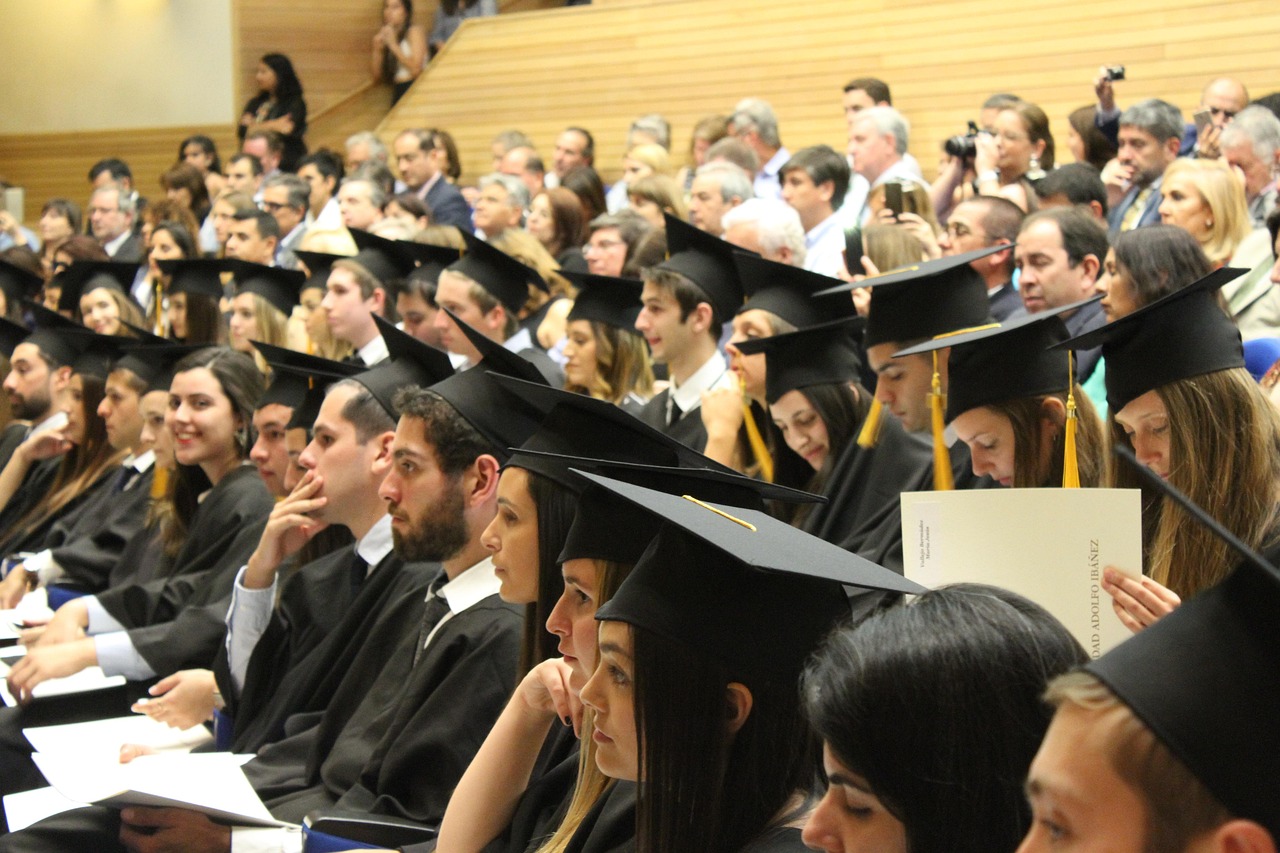Introduction
Studying for long hours is a common challenge for students preparing for exams, competitive tests, or professional certifications. Many believe that longer hours equal better results, but without the right strategy, long study sessions can actually reduce productivity and retention.
This article will show you how to study effectively for long hours with practical methods backed by research. By the end, you’ll have a clear roadmap to study smarter, manage time better, and stay motivated throughout your learning journey.

Why Long Study Hours Often Fail
Before learning how to study effectively for long hours, it’s important to understand why traditional long sessions don’t work:
- Mental fatigue reduces focus.
- Information overload leads to poor retention.
- Monotony causes procrastination.
- Lack of breaks decreases motivation.
✅ Solution → Use structured study techniques that balance focus, memory, and energy.
Time Management Techniques for Long Study Hours
The Pomodoro Technique
- Study for 25 minutes, take a 5-minute break.
- After four cycles, take a longer 20-30 minute break.
- Helps avoid burnout while keeping focus sharp.
The 50/10 Rule
- Study for 50 minutes.
- Take a 10-minute active break (walk, stretch, hydrate).
- Ideal for subjects requiring deep concentration.
Block Scheduling
- Divide your day into 3-4 study blocks (2-3 hours each).
- Focus on one subject per block.
- Reduces mental switching and increases productivity.
Active Study Methods That Boost Retention
Active Recall
- Test yourself instead of re-reading notes.
- Use flashcards or quiz apps like Quizlet.
Spaced Repetition
- Review information at increasing intervals.
- Best for long-term memory retention.
Mind Mapping
- Visualize connections between topics.
- Improves recall during exams.
Creating the Perfect Study Environment
- Lighting: Natural light reduces eye strain.
- Posture: Ergonomic chair and desk setup.
- Declutter: Remove unnecessary items.
- Digital Minimalism: Use apps like Forest to block distractions.
Nutrition & Hydration for Long Study Sessions
| Food Type | Benefit | Example Foods |
|---|---|---|
| Brain Boosters | Improve focus | Nuts, blueberries, dark chocolate |
| Energy Sustainers | Prevent fatigue | Whole grains, oats, eggs |
| Hydration | Enhances memory | Water, green tea, coconut water |
💡 Pro Tip: Avoid heavy meals before studying; they cause drowsiness.
Mental & Physical Break Strategies
- 5-min meditation between study sessions.
- Stretching exercises for better blood flow.
- Power naps (20 mins) to refresh the brain.
Comparison Table: Studying with vs. without Strategy
| Factor | Random Long Study Hours | Effective Study with Strategy |
|---|---|---|
| Focus | Low | High |
| Retention | Poor | Strong |
| Energy | Drains quickly | Sustains longer |
| Motivation | Decreases | Increases |
Digital Tools & Apps for Studying Long Hours
- Notion – Organize notes and study schedules.
- Anki – Spaced repetition flashcards.
- Focus Booster – Tracks Pomodoro sessions.
- Evernote – For quick note capture.
Internal Links (Suggested for Your Website)
- Best Study Tips for Exams
- Time Management Tips for Students
- Career Guidance After 12th
- Study Abroad with Scholarships
External Links (High Authority Sources)
FAQs: How to Study Effectively for Long Hours
Q1: How can I stay focused while studying for long hours?
Use techniques like Pomodoro, block scheduling, and active recall. Minimize distractions and take regular breaks.
Q2: Is it bad to study for more than 8 hours a day?
Not necessarily, but without proper breaks, nutrition, and planning, it can reduce retention and harm health.
Q3: How do toppers study for long hours?
They follow structured routines, prioritize active learning, and maintain balance with exercise and proper sleep.
Q4: Should I study at night or early morning?
It depends on your body clock. Early morning is best for memory retention, while night may work for quiet focus.
Q5: What is the best study schedule for exams?
A mix of 3–4 focused study blocks per day, with Pomodoro cycles, active revision, and consistent breaks.
Conclusion
Learning how to study effectively for long hours is not about pushing your body and mind beyond limits, but about studying smartly. By using structured techniques like the Pomodoro method, active recall, and spaced repetition, combined with proper nutrition, environment, and rest, you can make long study sessions productive and stress-free.
Remember → It’s not about how long you study, but how effectively you study.
